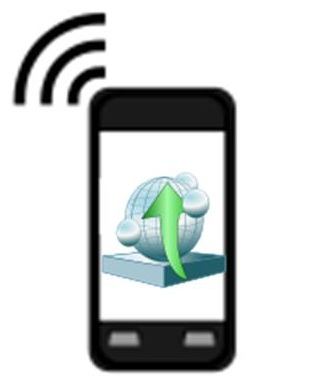 Telenity introduces new mobile marketing platform
Telenity introduces new mobile marketing platform
Telenity, a provider of communications solutions, has launched a new mobile marketing platform called Canvas SmartLBA. The platform is designed to offer new marketing opportunities to mobile network operators and brand owners. Mobile marketing has become a very important aspect of the business world due to the rapid adoption of mobile technology among consumers. Telenity believes that its new mobile marketing platform will help companies reach out to mobile consumers and engage with them in a more effective way.
Platform includes location-based features
Canvas SmartLBA allows users to collect real-time information and make use of the data to help formulate effective marketing strategies. Users can use this information to expand their reach to a new demographic of consumers. This data can also be effective in better understanding the trends that are emerging in particular markets. The platform has location-based features with built-in consent management functionality, making it easier for users to control opt-ins to location-based marketing programs and protect the information of consumers.
Marketing revenues to reach new heights by 2016
Telenity predicts that mobile marketing revenues will reach $24 billion by 2016, suggesting that the advertising world is slated for major growth in the coming years. Revenues are likely to grow because of the number of people that are making use of smart phones and tablets. Telenity believes that its new platform can help businesses see strong revenue gains through their mobile marketing campaigns. Such campaigns will need to be finely crafted, however, in order for these businesses to see any pronounced success.
Security continues to be a major issue for consumers
Mobile marketing has proven successful for many companies in the past. Issues regarding security have, however, derailed several marketing campaigns that aimed to engage mobile consumers. These campaigns tend to collect personal information from consumers, a practice that has been receiving a great deal of criticism lately. Marketing platforms that offer security features that help protect this information are becoming more popular due to the rising demand for protection coming from consumers.

 A startup company is helping to make learning more exciting and fun for children.
A startup company is helping to make learning more exciting and fun for children.